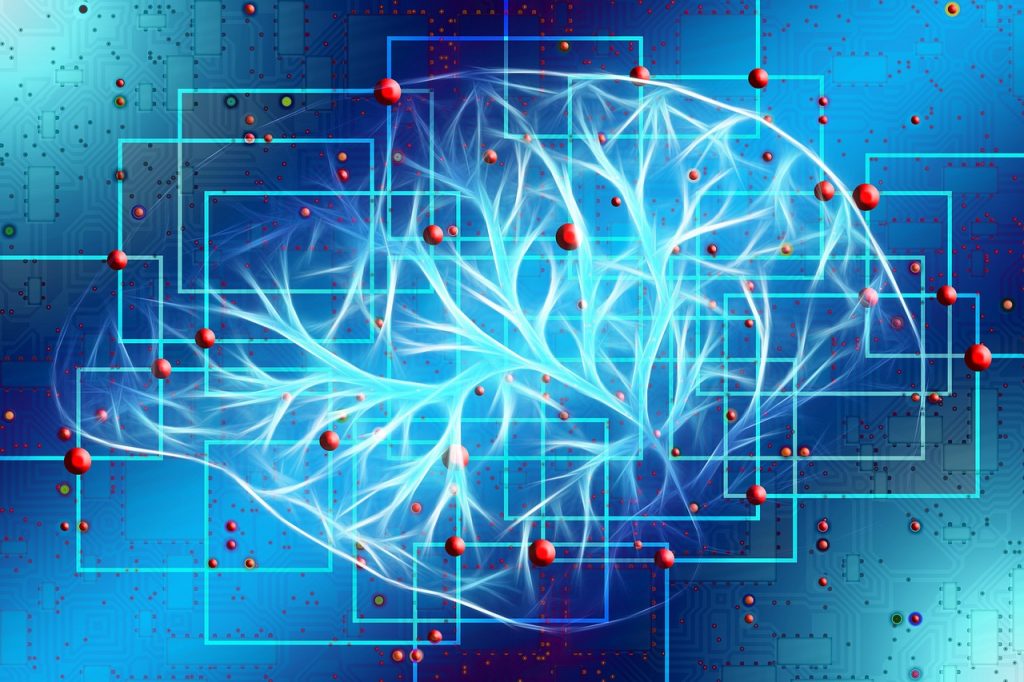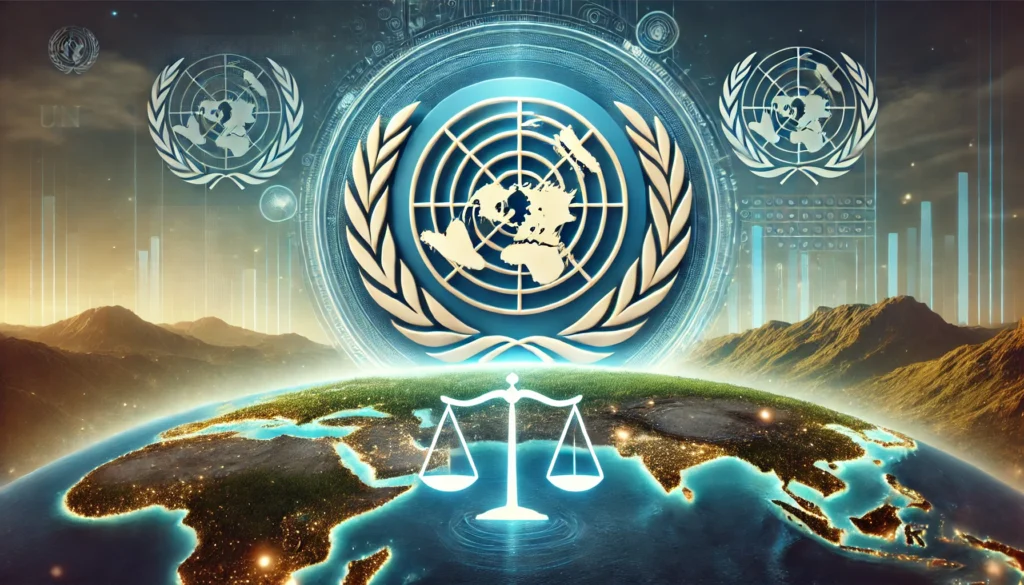Published on: 6th November 2024
A significant legal battle is unfolding at OP Jindal Global University, where law student Kaustubh Shakkarwar has filed a lawsuit against the institution after being failed in an examination due to allegations of using AI-generated content. This case raises critical questions about academic integrity and the evolving role of artificial intelligence in education.
Background of the Case
Shakkarwar, pursuing a Master of Laws (LLM) in Intellectual Property and Technology Laws, took his end-term exam for “Law and Justice in the Globalising World” on May 18. On June 25, he was informed by the university’s Unfair Means Committee that 88% of his answers were deemed AI-generated, leading to his failure in the subject. The Controller of Examinations upheld this decision, prompting Shakkarwar to challenge it in court.
Legal Arguments
In his petition to the Punjab and Haryana High Court, Shakkarwar vehemently denies using AI tools for his exam responses. He argues that the university has not established clear guidelines regarding the use of AI in academic work, making their accusations unfounded. His counsel, Prabhneer Swani, emphasized that without explicit rules against AI usage, the university cannot claim plagiarism or misconduct.
Shakkarwar also contends that even if he had used AI assistance, copyright laws would still attribute authorship to him under Section 2(d)(vi) of the Copyright Act, 1957. This assertion challenges the university’s stance on AI-generated content and its implications for intellectual property rights.
Implications for Academia
The outcome of this case could have far-reaching consequences for educational institutions grappling with the integration of AI in academic settings. As AI tools become increasingly prevalent, universities must establish clear policies to navigate issues of originality and plagiarism effectively. The court’s decision could set a precedent for how institutions address similar cases in the future.
Next Steps
The Punjab and Haryana High Court has scheduled a hearing for November 14, where OP Jindal Global University will be required to respond to Shakkarwar’s claims. As this case progresses, it will be closely watched by students and educators alike, highlighting the need for clarity in regulations surrounding AI usage in academia.
This lawsuit not only underscores the complexities surrounding technology in education but also invites a broader discussion on how institutions can adapt to rapidly changing technological landscapes while maintaining academic integrity.




